Thinking of Becoming a Landlord? Read This Before You Decide

If your house has been sitting on the market without an offer you feel good about, you might be asking yourself: what’s my next move if it doesn’t sell? For more and more homeowners, that question is turning into a new dilemma: should I just rent it out instead?
In real estate, there’s a term for this — accidental landlord. As Yahoo Finance puts it:
“Accidental landlords are homeowners who tried to sell but couldn’t get the price they wanted — and instead have decided to rent until conditions improve.”
Why It’s Happening More Now
This isn’t new, but it’s becoming more common. Business Insider explains:
“While there have always been accidental landlords . . . an era of slower home sales caused by higher borrowing rates is creating a new wave of reluctant rental owners.”
Simply put: affordability challenges have cooled buyer activity. Homes sit on the market longer. And if sellers aren’t willing to lower their price to attract buyers, they may consider renting as a fallback.
But here’s what you need to remember: if renting your home wasn’t part of your original plan, there’s probably a reason for that. Being a landlord comes with more responsibility (and risk) than many people expect. Before making that call, ask yourself:
1. Does Your Home Really Work as a Rental?
Just because you can rent doesn’t always mean you should.
- Moving out of state? Managing repairs long-distance isn’t simple.
- Does it need updates before tenants can move in — and do you have the funds?
- Is your neighborhood renter-friendly, and would the property actually cash flow?
If those questions give you pause, selling may be the smarter option.
2. Are You Ready for the Role of Landlord?
On paper, renting looks like “passive income.” In reality, it often looks like:
- Late-night calls about broken AC units
- Chasing down missed rent payments
- Fixing damage between tenants
As Redfin points out:
“Landlords have to fix things like broken pipes, defunct HVAC systems, and structural damage . . . if you don’t have funds on hand, you could end up in a bind.”
3. Have You Budgeted for the True Costs?
Renting comes with hidden expenses many owners overlook:
- Higher insurance (landlord policies average ~25% more)
- Management fees (around 10% of rent if you hire a manager)
- Advertising, maintenance, and tenant turnover
- Mortgage coverage during vacancy periods
Add it up, and “easy income” can shrink quickly.
For the right property and the right owner, renting can work. But if you’re only considering it because your listing isn’t moving, the better step may be to sit down with your agent, revisit your pricing, and relaunch with a fresh strategy. The right adjustments can attract real buyers — and save you from becoming a landlord by accident.
Bottom Line
Before choosing to rent your house, take the time to carefully weigh both the pros and cons of stepping into the role of landlord. For many homeowners, the added hassle, unexpected responsibilities, and higher expenses may simply outweigh the potential benefits.
Categories
Recent Posts
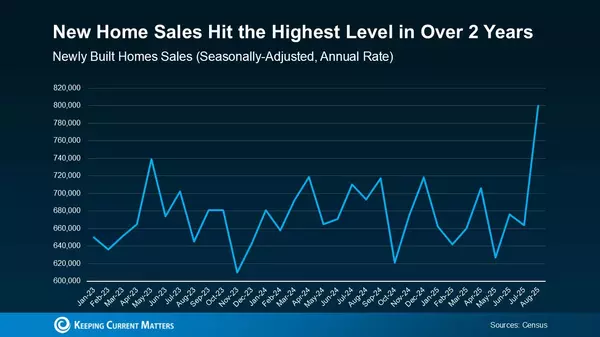
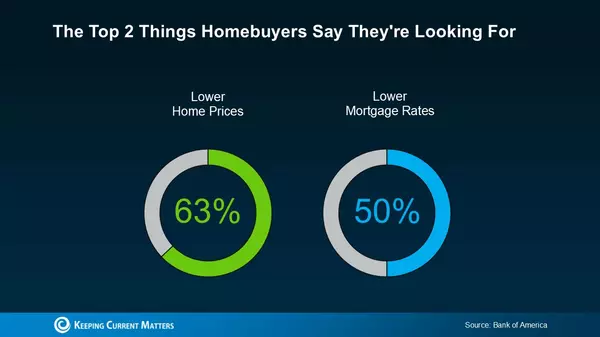
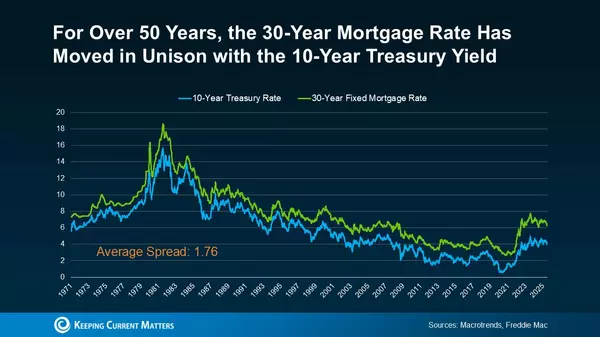
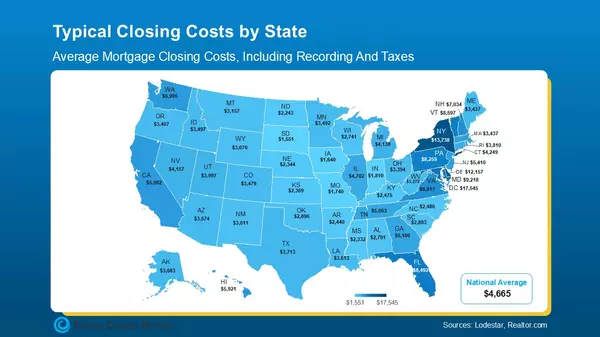
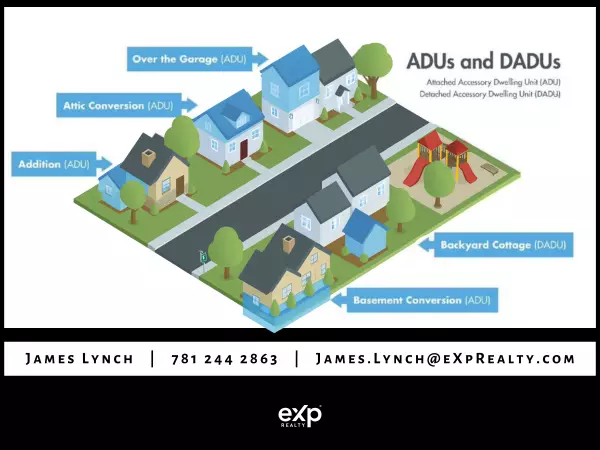
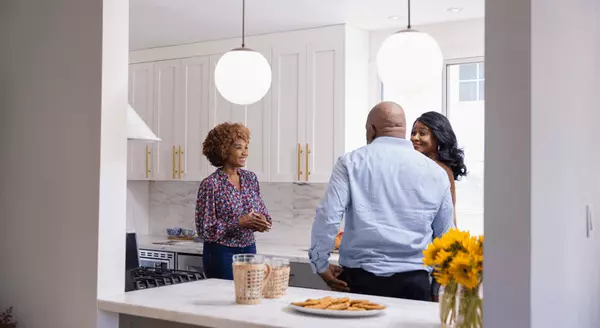
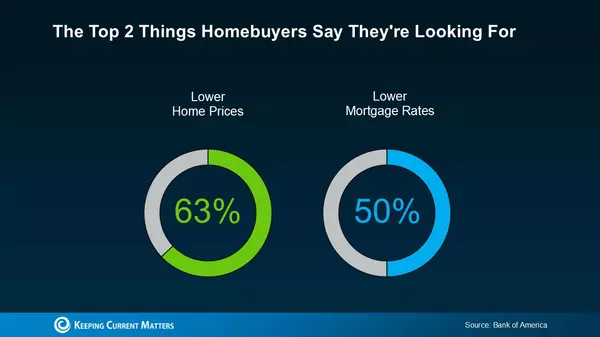
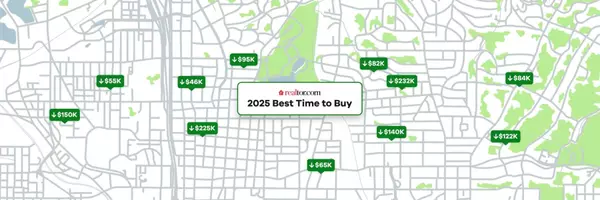
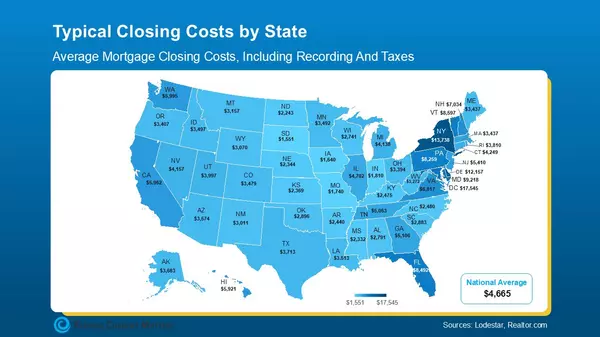
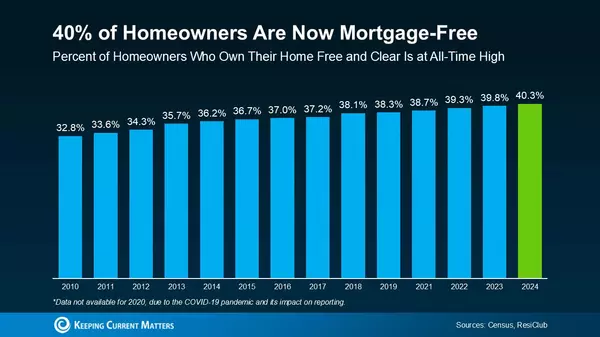
GET MORE INFORMATION


